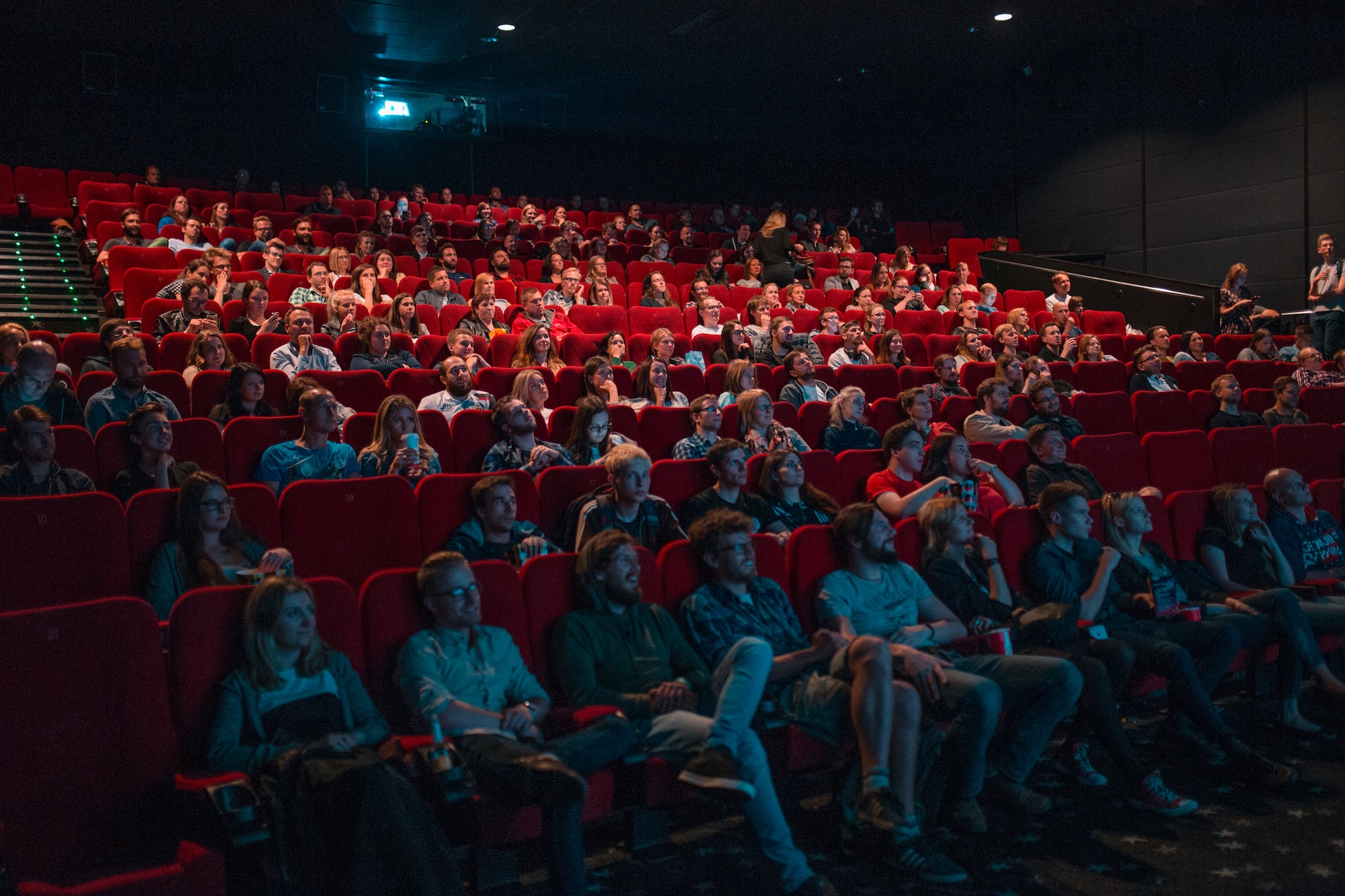Beautiful Boy and the Realities of Drug Addiction

Hollywood has a problem. For the most part, it remains unable to authentically tell stories of drug addiction. With the exception of the recent movie, Beautiful Boy, the film industry generally tends to toss aside nuanced questions such as “how does addiction affect the family?” or “what exactly does recovery entail?” Instead, it skews towards producing maudlin movies that tell easy stories – the addict who recovers through love and will power, the girl who gets suckered into a downward spiral of drugs and crime, the teenager who just couldn’t say “no” and overdoses.
These are simplistic stories designed to lure audiences in the cinema with the promise of cheap tugs at the heartstrings. Two hours later, the movie-goers will have wiped away their tears, their hearts full at the inspirational story they’ve just seen unveiled in front of them. They’re ready to go back to their daily lives now, their thought processes unchallenged, and their stigmas and stereotypes corroborated. A handful of movies aside, this is the kind of hokey story you can expect to see when watching a movie that has themes of drug addiction.
The Reality of Addiction

The reality of addiction, of course, is far more complex – it cannot simply be resolved through the power of love. Addiction destroys lives. But even where movies acknowledge this, they paint the addict as the “other” – an entity that is less than human. That’s part of what makes Beautiful Boy stand out. In an interview to promote the film, actor Timothee Chalamet said: “I have friends that have gone through this and I don’t see them as addicts but as humans. Some people have a comfort when they see others going through this in thinking this can’t affect them. The reality is very complex. It absolutely can affect anyone regardless of race, class, gender. It doesn’t discriminate. I’ve seen “Heaven Knows What” and “Requiem for a Dream” and those movies lean into the tragedy of it. “Trainspotting” leans into the uptempo feeling of it. The goal of this movie is to simply be a mirror.”
It’s a goal that has been admirably achieved. Beautiful Boy is the movie adaptation of two memoirs by David Sheff and his son Nic. David Sheff’s memoir Beautiful Boy recounts his experience of guiding his son through a drug addiction. Nic’s memoir Tweak describes his descent into addiction and his efforts at recovering. Together, both books give a 360-degree view of how drugs affect the addicted and their family. The movie sees Steve Carell play father to Timothee Chalamet’s troubled teenager, who struggles with a disease that robs him of trust, stability, and mental health. The film unflinchingly looks through the perspectives of both father and son as they battle the illness together.
The Brutal Honesty
And so we finally have a movie that doesn’t take the easy way out. Instead, it deals with the topic of addiction with a respect that’s sadly rare to find. There’s no simple arc for the character where they reach rock bottom, and then either get cured or die. Instead, it mirrors the reality of addiction and recovery through a non-linear journey that takes you to places no one, least of all the characters, would expect. The brutal honesty of the movie makes for an unsettling experience and tells some unsavory truths: addiction is messy, and recovery is never really done and dusted with. With addiction, there are never any satisfactory answers.
Addiction’s ugly corruption of behavior is skillfully captured, as the once gentle and bright Nic becomes self-destructive and increasingly erratic. But the movie takes care to not paint Nic’s actions as malicious, but of a person who will do whatever it takes to service their addiction. This is one of the movie’s biggest triumphs – its depiction of drug abuse as an illness instead of a moral failing. It’s an attempt to lift the cloak from addiction, and to encourage greater understanding of the condition.
Facing the Truth of Relapse
Just as in real life, Nic’s addiction and recovery in the movie are frustrating. He repeatedly slips into relapses, for reasons that elude the non-addict. Why is Nic, with his relative privilege and loving family, so helpless in the face of his addiction? And how can someone who loves an addict help them? The movie doesn’t exactly answer these questions – that would be a long shot for any story – but it compellingly describes just what makes addiction such a difficult and heartbreaking condition to deal with. As frustrating as Nic’s relapses may seem to the audience, it’s an excellent way to question the audience’s own biases and preconceived notions about addiction. As Timothee Chalamet put it, “You’ve never really won the fight.” You have to keep on at it. And that’s why the film ends without a real resolution, mirroring real life which offers no clean resolutions. Recovery is a fragile process, and there’s no real going back to the way things were.
The true beauty of Beautiful Boy lies in its humanity, as it records Nic’s descent into meth addiction, alongside his father’s desperation to save him. The movie does something few Hollywood movies have done before: it humanizes the face of addiction. From the get-go, the movie shows the audience that this really is an illness that could happen to just about anyone. It very clearly aims to get the ball rolling on the conversation: addiction isn’t a choice, a weakness or some sort of moral failing. It’s a very real illness that young people are particularly vulnerable to. And while there is no guarantee that they’ll make it out, they need the love and support of their parents and loved ones. Love may not be enough to save a child going through addiction, but with availability of treatment options, it’s worth trying.
If you or a loved one has found themselves facing addiction, we’re here to help you fight the battle. Reach out to Arizona Addiction Recovery Center and let’s discuss the best course of action for your particular case. Call us today.




